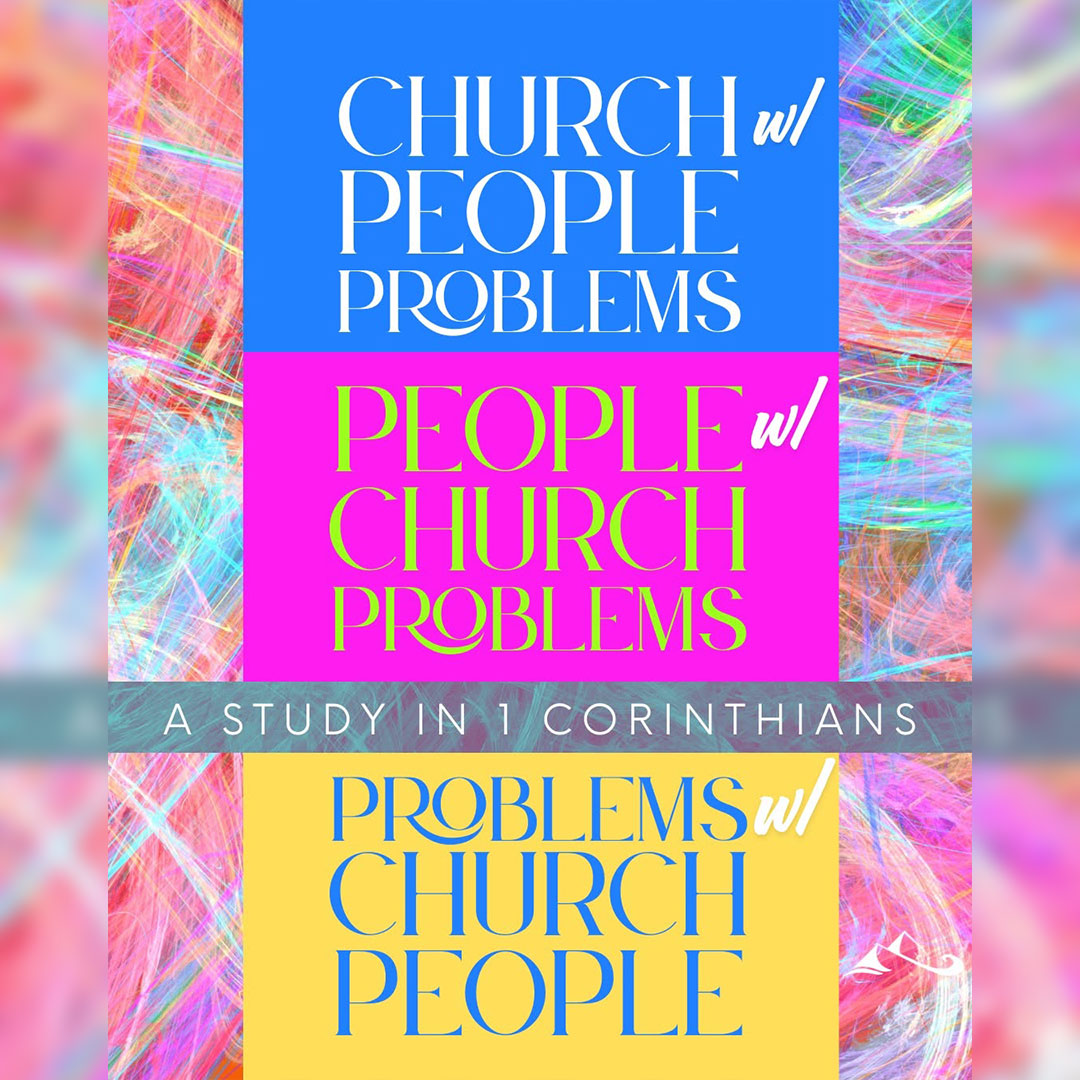We’ve all experienced love gone wrong—whether it was middle school heartbreak or the deeper ache of placing our hopes in someone who couldn’t possibly fill the hole in our hearts. Matt opened his message with a funny, awkward story of being “ghosted” over a CD, but the deeper truth was this: for much of his life, love was a transaction. Do good, and God will give you what you want. It’s a familiar temptation—living our faith as a bargain rather than as a response to a love that has already been given. But as Matt reminded us, that mindset misunderstands the very heart of the gospel.
Paul’s teaching in 1 Corinthians 13 confronts that misunderstanding head-on. Spiritual gifts, knowledge, even sacrificial service—none of it matters if love is missing. We can’t out-preach, out-lead, or out-give our way into God’s favor. Love is not a byproduct of spiritual maturity; it is the foundation of it. The early church in Corinth had the gifts, but they lacked love—and Paul called them to something better. He calls us, too, to examine our hearts. Are we performing for God or living from His love?
Matt broke down the chapter into three key ideas: love is essential, love is the standard, and love is eternal. Love is essential because without it, our actions become noise—self-focused and hollow. Love is the standard because Christ’s love, shown on the cross, gives us the clearest picture of what true love looks like: patient, kind, selfless, enduring. And love is eternal because it is the only thing that lasts beyond this life. Prophecy, tongues, knowledge—these are temporary. But love? Love never fails.
It’s easy to read 1 Corinthians 13 at weddings and think it’s sentimental poetry. But Paul wasn’t writing Hallmark cards—he was holding up a mirror to a divided church. We’re meant to see our own reflection, to ask ourselves whether we truly love like Jesus. Do we keep records of wrongs? Do we envy? Are we rude or self-seeking? Paul’s list isn’t meant to condemn us but to re-center us. To call us back to the foot of the cross, where love looks like a Savior who bore our shame, believed in our future, hoped for our redemption, and endured for our freedom.
Matt closed with a powerful testimony—twenty years of holding an empty present, trying to make a deal with God, only to find out that God had already given the gift. The love we long for has already been offered in Christ. The question is, are we living from that place of abundance? Or are we still trying to earn what has already been freely given? Church, may we be a people known not just for our gifts, but for our love—a love rooted in the cross, shaped by grace, and lived out in everything we do.
Small Group Discussion Questions:
- Have you ever found yourself treating your relationship with God like a transaction? What did that look like, and how did it affect your faith?
- In what ways do we sometimes elevate spiritual gifts or knowledge above love in the church today?
- Which part of Paul’s definition of love (1 Corinthians 13:4–7) is hardest for you to live out? Why?
- How does the permanence of love—as something that will remain in eternity—reshape how you view your relationships now?
- What does it look like in your life to live from a place of abundance in Christ’s love, rather than trying to earn or prove your worth?






Leave a Reply